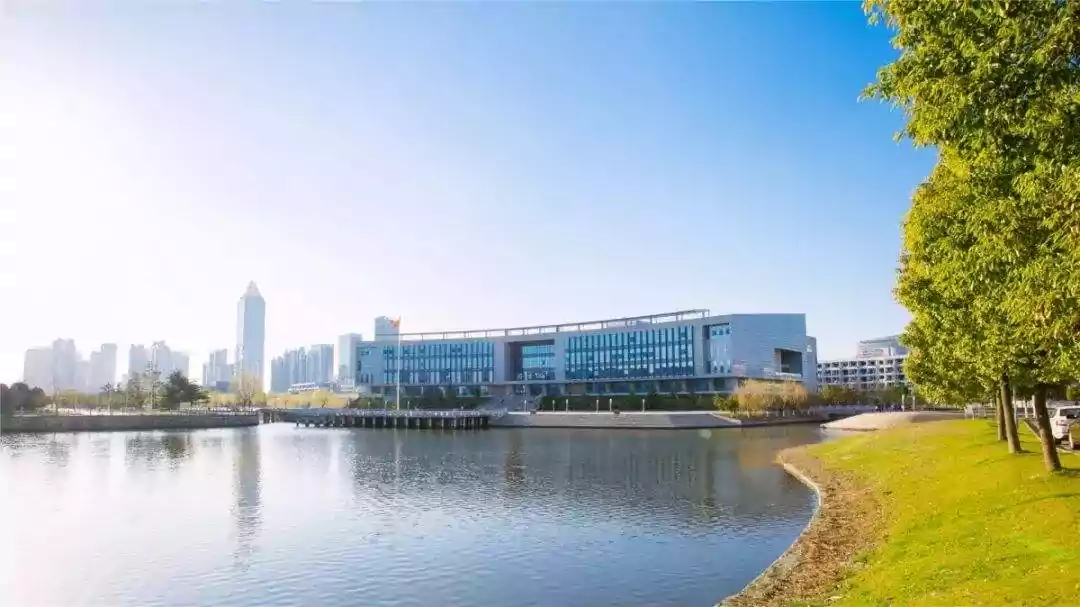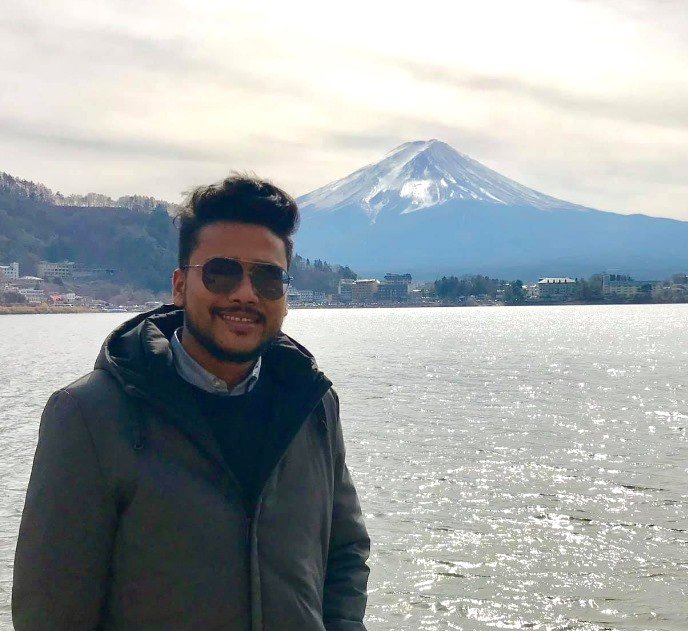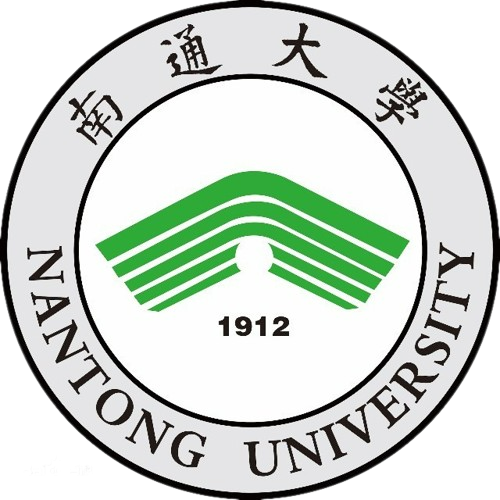
Master's in Materials Engineering
About of Nantong University
📖Introduction
Nantong University is a comprehensive public university located in Nantong, Jiangsu Province, China. Established in 2004 through the merger of three existing institutions, Nantong University has rapidly grown into a prominent center for education, research, and innovation. As a comprehensive university, it offers a diverse range of academic disciplines, including engineering, business, medicine, and the humanities.
🏛️ About Nantong University (NTU)
Overview:
Nantong University was founded in 1912. It originated from the private Nantong Medical Specialized School and Nantong Textile Specialized School founded by Zhang Jian, a famous modern industrialist, and educator. In 2004, the former Nantong Medical College, Nantong Institute of Technology, and Nantong Normal College merged to form a new Nantong University. In China University Evaluation 2020 of the China Academy of Management Science, Nantong University ranked 114nd. In ESI Comprehensive ranking of Chinese universities, it ranked 114th. In Airuishen Alumni Association, it ranked 100th of the ten authoritative universities (Chinese universities) in the world in 2019.
Academics
There are 20 schools, one independent college, one Affiliated Hospital of Nantong University, the School of International Education, and the School of Continuing Education in the university. There are 2 postdoctoral research stations of basic medicine and clinical medicine, 3 first-level doctoral programs of basic medicine, clinical medicine, information and communication engineering, 22 first-level master degree programs, and 10 professional master degree programs. 4 disciplines of Clinical medicine, neuroscience and behavioral science, engineering, and Pharmacology & Toxicology entered the top 1% of ESI global ranking of disciplines.
Facilities
The university has a number of high-end research platforms, such as the National-local Joint Engineering Research Center, the Key Laboratory of the Ministry of Education, the Key Laboratory of Sinopec, the Provincial Key Laboratory and Engineering Center, the Cooperative Innovation Center of Jiangsu Universities and the Key Research Base of Philosophy and Social Sciences of Provincial Universities. Over the past five years, it has undertaken nearly 500 projects of National Key Research and Development Projects, Project of National Natural Science and Social Science Foundation.
International Exchange
The university has extensively carried out overseas exchanges and cooperation. It has established friendly cooperative relations with 116 universities and research institutes in the countries of the United States, Canada, Britain, Germany, France, Italy, Russia, Australia, Japan, Korea, and Chinese regions of Hong Kong, Macao, and Taiwan.
Living in Nantong
Nantong is located in the alluvial plain of the lower reaches of the Yangtze River. The marine climate is obvious. The annual average temperature is 15.1 degrees centigrade and the annual precipitation is about 1040 millimeters. The climate is mild, the four seasons are distinct, and the spring and autumn are relatively short.
Nantong belongs to the humid climate area of the north subtropical zone. The influence of monsoon is obvious. There are four distinct seasons in Nantong, with a mild climate, abundant sunshine and rainwater, and a long frost-free period. According to the statistics of the last 30 years, the annual average temperature is about 15 degrees Celsius, the annual average sunshine hours are 2000-2200 hours, the annual average precipitation is 1000-1100 mm, and the summer rainfall accounts for 40-50% of the annual rainfall in the same season. The average annual period of a rainy day is about 120 days, and there is often a period of plum rain from June to July.
Accommodation
🏠
Nantong University provides international students with a single room, double room, triple room, and four-room accommodations. Some features include a private bathroom, water heater, air-conditioner, internet connection, and basic furniture.
Notes:
- You will need to book the accommodation after you have been accepted.
- You can choose to live on campus or off campus in private accommodation.
Admission Process
🔔
3 Steps to Apply to a Chinese
University
Required documents for application:
- Passport
- Graduation certificate
- Passport size photo
❓ Entry Requirements
The minimum age is 18 and the maximum age is 65.
You don’t need to have studied Chinese before.
Minimum education level: High School.
Special Note: CGPA
Requirement 3.00(75%)
Scholarship:
Tuition Fee: Free
Hostel Fee: Free
Stipend: 500 RMB
Pre Requisites
Bachelor
HSC
SSC
Meet Your Consultant


